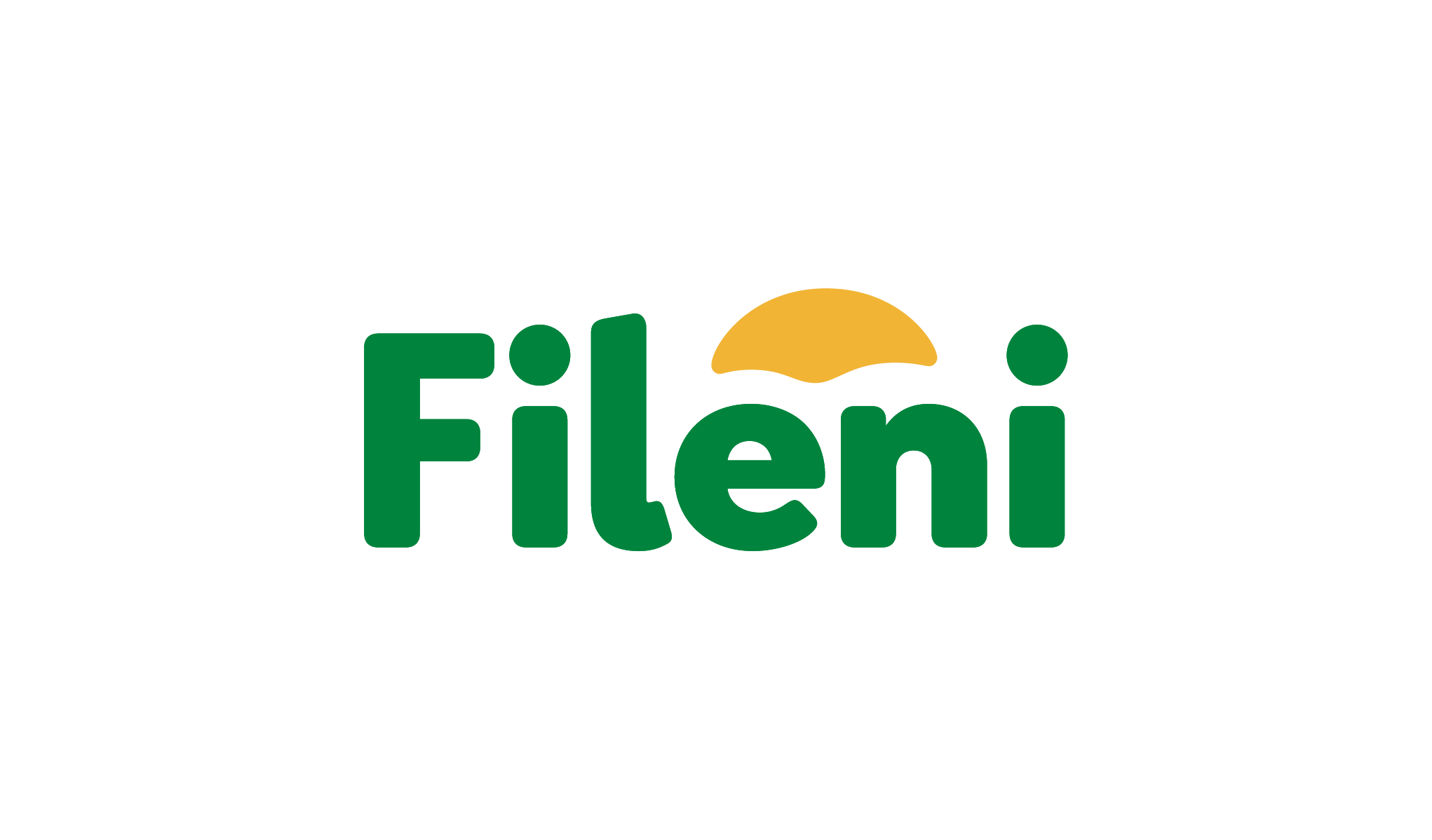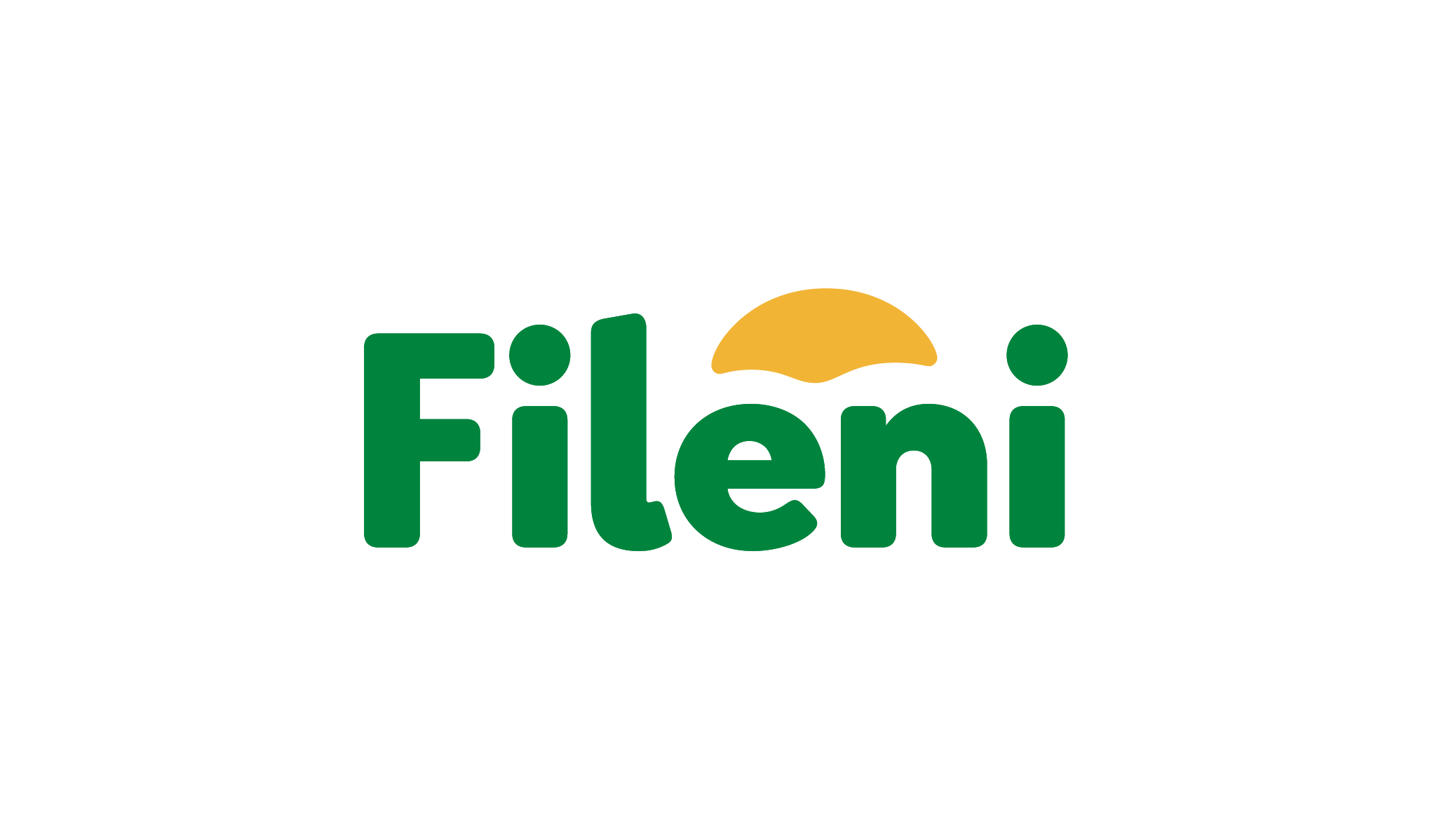

Fileni Alimentare Spa Società Benefit

Marche, Italy
January 2022
Animal Production
Manufacturing
Czech Republic,
France,
Germany,
Greece,
Italy,
Netherlands The,
Spain
Besides being the national leading company, Fileni ranks among the top European players of the organic meat industry. From its Cingoli headquarters, in the province of Macerata, it has been running business since 1978. Backed by its Fileni, Fileni Bio, Sempre Domenica and Club dei Galli signature brands and a widespread structure in the large-scale retail, normal trade and Ho.re.ca distribution channels, Fileni is one of the biggest Italian player in this industry. In addition to Italy, Fileni sells in over 30 countries abroad, 90% of which in Europe. Fileni's supply chain starts from the fields where raw materials for feeding animals are grown, goes all the way through hundreds of traditional and organic breeding farms mainly located in Central Italy and ends up on the dishes of Italian families. Innovation, quality, animal welfare and environmental sustainability are Fileni’s trademarks: since 1989 it has been making ready-to-eat products in a dedicated plant, in 2001 the organic production was launched and it has been providing its stakeholders with a proper sustainability report as of 2018. In 2021, upon becoming a benefit company, Fileni published its Sustainability Manifesto listing a set of front-line commitments in the protection of environment, territory and the people.
Overall B Impact Score
Governance 18.0
Governance evaluates a company's overall mission, engagement around its social/environmental impact, ethics, and transparency. This section also evaluates the ability of a company to protect their mission and formally consider stakeholders in decision making through their corporate structure (e.g. benefit corporation) or corporate governing documents.
What is this? A company with an Impact Business Model is intentionally designed to create a specific positive outcome for one of its stakeholders - such as workers, community, environment, or customers.
Workers 20.3
Workers evaluates a company’s contributions to its employees’ financial security, health & safety, wellness, career development, and engagement & satisfaction. In addition, this section recognizes business models designed to benefit workers, such as companies that are at least 40% owned by non-executive employees and those that have workforce development programs to support individuals with barriers to employment.
Community 22.6
Community evaluates a company’s engagement with and impact on the communities in which it operates, hires from, and sources from. Topics include diversity, equity & inclusion, economic impact, civic engagement, charitable giving, and supply chain management. In addition, this section recognizes business models that are designed to address specific community-oriented problems, such as poverty alleviation through fair trade sourcing or distribution via microenterprises, producer cooperative models, locally focused economic development, and formal charitable giving commitments.
Environment 25.6
Environment evaluates a company’s overall environmental management practices as well as its impact on the air, climate, water, land, and biodiversity. This includes the direct impact of a company’s operations and, when applicable its supply chain and distribution channels. This section also recognizes companies with environmentally innovative production processes and those that sell products or services that have a positive environmental impact. Some examples might include products and services that create renewable energy, reduce consumption or waste, conserve land or wildlife, provide less toxic alternatives to the market, or educate people about environmental problems.
What is this? A company with an Impact Business Model is intentionally designed to create a specific positive outcome for one of its stakeholders - such as workers, community, environment, or customers.
Customers 3.9
Customers evaluates a company’s stewardship of its customers through the quality of its products and services, ethical marketing, data privacy and security, and feedback channels. In addition, this section recognizes products or services that are designed to address a particular social problem for or through its customers, such as health or educational products, arts & media products, serving underserved customers/clients, and services that improve the social impact of other businesses or organizations.